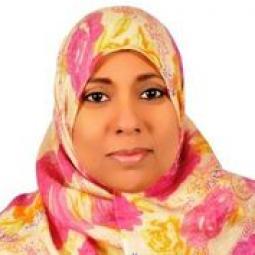OWSD Executive Board responds to Nature Communications article on women mentors
December 07, 2020
The Executive Board of the Organization for Women in Science for the Developing World (OWSD) wishes to add their voice to the growing number of criticisms of the paper published in Nature Communications [(2020) 11:5855] entitled "The association between early career informal mentorship in academic collaborations and junior author performance", by B AlShebli, K Makovi and T Rahwan.
The authors state that “We also find that increasing the proportion of female mentors is associated not only with a reduction in post-mentorship impact of female protégés, but also a reduction in the gain of female mentors. ….our findings raise the possibility that opposite-gender mentorship may actually increase the impact of women who pursue a scientific career.”
We are pleased to read that the journal’s editorial team is reviewing the study due to the numerous criticisms regarding the conclusions which could be based on flawed assumptions and analysis. We also note that the authors have expressed their support for such a review, which should lead to a rigorous discussion of the implications of their findings. An article such as this must not discourage female-female mentorships, which, in our experience, have been of immense value to many of our more than 6000 members. However, we do not wish to imply that women cannot benefit from having men as mentors. In fact, it is often the case that men, by means of their gender, can open doors in places women do not have access to. The opposite is also true - in many countries, men have the power to close doors on women. For this reason, many OWSD members have recounted that the support of male supervisors, male partners and fathers is crucial to their success.
In short, we would deem it highly detrimental to the increasingly successful efforts to ensure that women have equal access to all scientific research levels - and professions - as men - if the conclusion of this article is that women make poor mentors. If this is the conclusion, it must be based on sound scientific evidence. We are willing to undertake a survey of our members to investigate this case further.











































